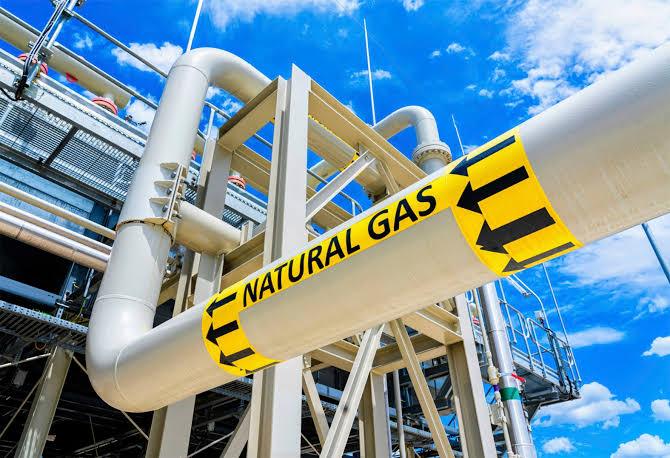Nigeria’s vast natural gas reserves is poised to drive the nation’s railway revolution, particularly the planned 4,000 km high-speed rail network capable of speeds up to 350 km/h.
The Minister of State for Petroleum Resources (Gas), Dr. Ekperikpe Ekpo, who has highlighted the transformative role of natural gas, noted that the high speed railway project will reshape connectivity, boost industrial growth, and open new frontiers for trade and investment across Nigeria and Africa.
Speaking at the International Railway Conference 2025 in Abuja, organized by the Federal Ministry of Transportation in partnership with De-Sadel Nigeria Limited, Ekpo said natural gas is central to delivering sustainable and affordable energy for the capital-intensive railway sector.
“For decades, our economy relied heavily on crude oil, while gas remained underutilized. Today, under the visionary leadership of His Excellency, President Bola Ahmed Tinubu, this is changing.
The Decade of Gas Initiative has repositioned gas as the centerpiece of our energy strategy, elevating it from a by-product of oil to the foundation of Nigeria’s industrial and economic future,” he said.
With proven reserves of 210 trillion cubic feet and a potential of up to 600 trillion cubic feet, Ekpo emphasized that gas provides a clean, reliable, and affordable solution for powering railway infrastructure.
He added that gas-to-power projects will ensure steady electricity supply for railway stations, industrial hubs, and cities linked to the network.
He further explained that natural gas can be converted into cleaner transport fuels, such as Gas-to-Liquids (GTL) and LNG, enabling modern rail systems to reduce carbon emissions while maintaining cost efficiency.
“The high-speed rail will unlock new economic corridors where gas-based industries, fertilizer plants, petrochemicals, methanol production, and compressed natural gas (CNG) hubs can thrive.
These rail-linked cities will evolve into vibrant industrial clusters,” he said.
Ekpo added that with the African Continental Free Trade Area (AfCFTA), gas-powered industries connected by the high-speed rail will reinforce Nigeria’s position as a driver of industrial and energy growth across West and Central Africa.
He concluded that these initiatives align with President Tinubu’s Renewed Hope Agenda, aimed at industrializing Nigeria, creating jobs, and lifting millions out of poverty through sustainable energy and infrastructure development.








